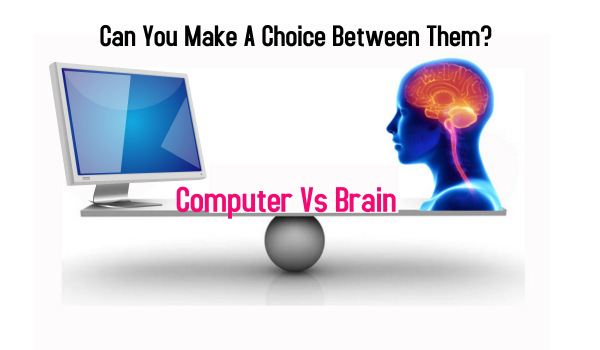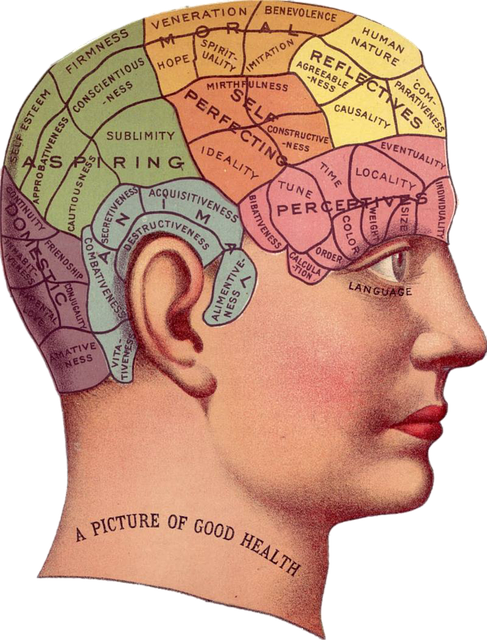
The human brain is the central organ of the human nervous system. It combines with the spinal cord to form the central nervous system of the human body. The human brain consists of three parts called the cerebrum, brainstem and cerebellum. The human brain is a highly complex and abstract mechanism. The cortex includes 100 billion neurons and around 1012 synapses per cubic cm. Talking, breathing, hearing, seeing, walking, imagining, thinking, smiling, touching, experiencing, smelling, learning, making decisions, and monitoring are all functions that our brain performs simultaneously. Such tasks necessitate the use of a lot of processing.

The brain controls the lion’s share of human activity. For this purpose, the brain collects information from the sensory nervous system or senses, completes its processing and coordinates the processed information, and in response decides what kind of instructions will be sent from the nerve center to the various organs or systems of the human body. The brain, which is made up of soft material, is protected inside the skull bones in the human head.
Whereas, a computer is a machine that manages several types of programme to accomplish useful activities for its users. Wires, transistors, circuits, hardware elements, and other components make up a computer. Both software and hardware are used in computer designs. Software is the process of constructing a programme using data and instructions. In games like chess, Go, and even Jeopardy, computers can outperform humans.

Artificial intelligence and machine learning are constantly advancing, prompting us to question whether we’ll eventually be living in a technological utopia or fighting a cyborg Arnold Schwarzenegger for survival.
In the following areas, we will compare and contrast the human brain and the human operating computer:
- Storage
- Processing speed
- Memory
- Efficiencies in energy
- Storage
Most computer users will be satisfied with 500GB of storage for day-to-day use. Additional storage in the cloud or on a portable SSD is frequently used by creatives, gamers, and other data-intensive users. We’ll assign the machine an average of 1TB of storage space for the sake of argument.
What about the brain’s potential for storing information? It’s complex, to say the least.
The number of nerve cells, or neurons, in a typical brain is unknown. Many studies use a figure of 100 billion neurons, but according to a Stanford University study, the brain has 200 billion neurons.
“Wait, the computer has bytes, and the brain has neurons,” you might be thinking. How do we make a comparison between the two?”
The ability of neurons to combine with one another to aid in the generation and preservation of memories is a significant difference between the human brain and computer flash memory. Each neuron is connected to thousands of other neurons. This overlap effect produces an exponentially greater store capacity in the average human brain, which has over a thousand 1TB SSDs We estimate the brain’s storage capacity at 1 petabyte, which is the equivalent of over a thousand 1TB SSDs.
- Processing speed and Memory
The Storage capacity of human brain is far better than a typical computer. On the other hand, a computer can process information at a rate that is exponentially faster than the human brain.
How about gaining access to memory? Is it possible for a human to remember knowledge better than a computer?
Humans also associate memories with one another, thus your New Year’s Eve recollection will be linked to all of your past New Year festivities throughout your life. For the time being, a computer does not have this capability.
- Efficiencies in energy
A average computer consumes around 100 watts of electricity. A human brain, on the other hand, demands about 10 watts of power. That’s right: your brain consumes ten times less energy than a computer. A computer consumes more energy than the brain.
We may now to go to draw the point wise difference between brain and computer for better understanding.
- The brain can store 100 tera flops of memory with 107 circuits per cm3, whereas PC memory can store 100 million megabytes with a thickness of 1014 bits per cm3. Memory in the cerebrum is created in a split second by associating synaptic connections, whereas in a computer, chips should be added to grow the memory.
- The brain has an inbuilt reinforcement system that allows functional routes to take the place of damaged ones. Reinforcement frameworks, on the other hand, are created physically in a computer.
- The brain does not use energy in the same way that a computer does.
- The brain uses electro chemical and electromagnetic structures to store info. On the other hand, data is stored in a PC in a representational and numeric structure.
- The data is conveyed to ignite activity potential in the neurons in the mind with the help of synthetic chemicals. The PC, contrary to popular belief, communicates information via electrically coded signs.
- The brain’s preparation force is boundless and allows it to handle the internet, yet the cerebrum measures data at a moderate rate since neurons are delayed in real life. Surprisingly, in the age of fast transistors, the preparation force of PCs is crucial.
- The brain is a self-coordinated structure, whereas the PC is a predetermined structure.
Final Conclusion : The most important distinction between the brain and the computer is that the brain operates on a numerical system by default, whereas the computer operates on a binary language, and the brain employs a heuristic method to learning through experiences. Computers, on the other hand, learn things that are stored in memory (distributive learning). Therefore, the brain is more powerful than computer till now.
